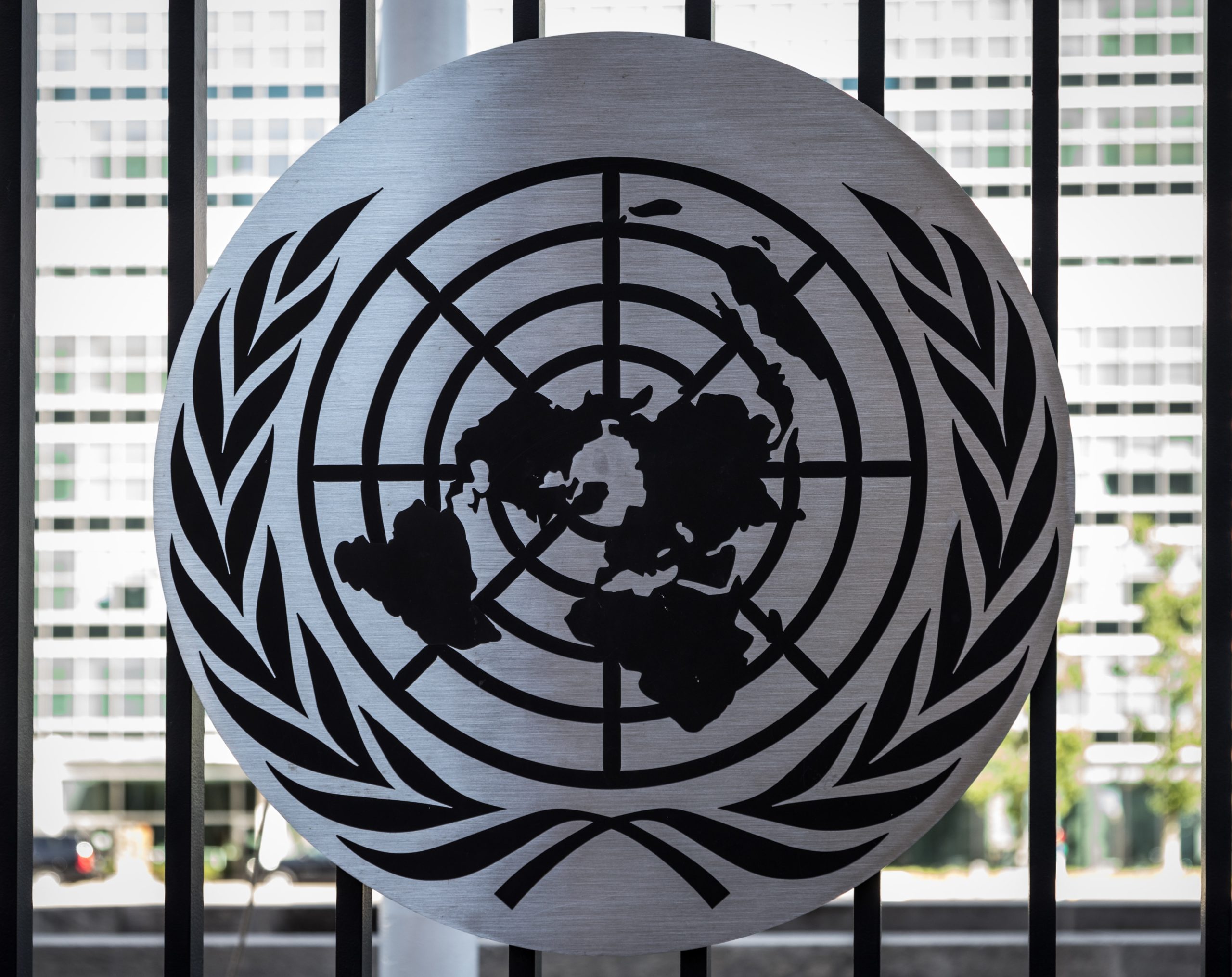For some, peace implies the laying down of arms and for others, it connotes the absence of war. In as much as this duality to peace is important, I contend that true peace entails much more than just the laying down of arms or the mere absence of war.
Every 21st September is the United Nations International Day of Peace. The day is set aside to foster the strengthening and promotion of peace principles around the world. You can read more about it here! Today being the United Nations International Day of Peace for the year 2022, I cannot help but reflect on the real issues of peace and the plethora of meanings that peace connotes to different groups of people. For some, it implies the laying down of arms and for others, it connotes the absence of war. In as much as this duality to peace is important, I contend that true peace entails much more than just the laying down of arms or the mere absence of war. There is no doubt that the absence of war is a very important phase to attaining true peace. However, it is not an end in itself. Rather, it is just a first step to attaining true peace. In a post-conflict setting where communities are yet to fully return to regular, it is important that peacebuilding is done in a way that everyone can thrive no matter their gender, race, or socio-economic background.
More often than not, much of the attention spans away from post-conflict societies when ceasefire deals are reached and signed. However, the real work to build and sustain peace begins after guns have been laid down and ceasefire deals have been signed. The reason being that, for the ordinary member in a post-conflict state, peace means being able to go about their day-to-day activities without insecurity fears. To get to this level of stability in a post-conflict community, necessary steps must be taken to build trust between the police and the community. On this note, as we commemorate International Day of Peace, my aim is not to demean the significance of ceasefire deals or belittle the absence of war. Rather, my intention is to reflect on the true meaning of peace to the ordinary person especially in a post-conflict setting. My hope with this article is to encourage the international community to pay close attention to ‘vulnerable’ communities even after wars/conflicts and to help create a community-oriented way of policing where the police will work in partnership with the community. In this regard, the world will move a step closer to achieving Sustainable Development Goal 16 – Peace, Justice, and Strong Institutions.
The ICT4COP Center has at its heart peacebuilding in post-conflict communities, police reforms and community-oriented policing. Click here to find academic publications about this topic.
This blog post was written by Franklina Aku Mifetu. Student intern at the ICT4COP Center.


